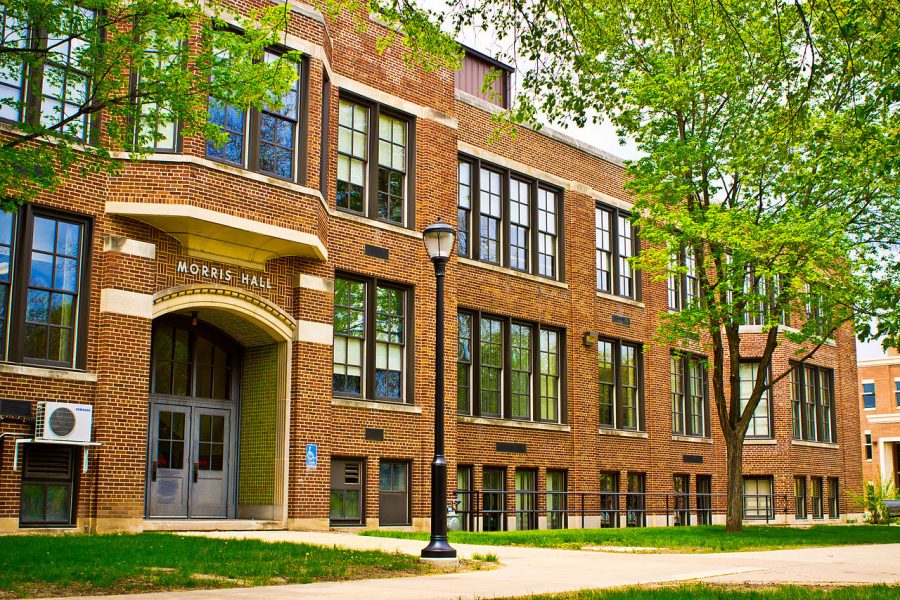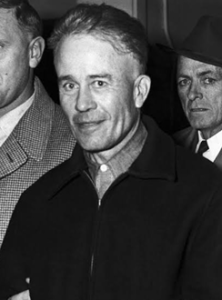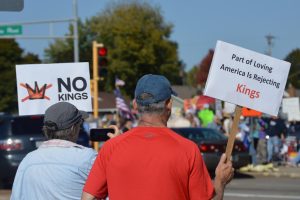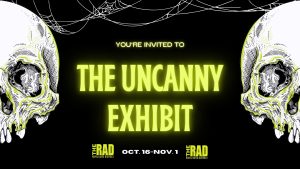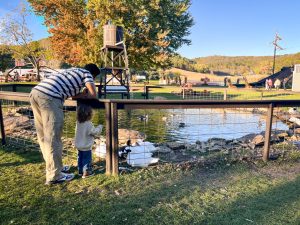Letter to the Editor: School of Education students seek clarity from administration
November 10, 2022
After last semester’s student protests and chalking, we felt like our voices were being heard. Despite what we believe were successful attempts to get our issues of equity stemming from the School of Education (SOE) administration resolved, when I returned to the University of Wisconsin-La Crosse campus this fall, it was as if nothing happened last semester.
There has been very little communication from either Dean Marcie Wycoff-Horn or Interim Associate Dean Adrienne Loh, regarding anything that was discussed with students at the open question and answer session, or even transparency which we felt was necessary for students in our program, specifically the broadfield social studies (BFSS) students.
Despite our efforts to correct some of these inequities that are being enforced by the School of Education, we feel like the administration does not listen to its students. Many of us feel like we are just names on a computer screen to them.
To me, this feeling translates to how out-of-touch Dean Wycoff-Horn or Interim Associate Dean Loh may be with their students. I am aware of the Dean’s Advisory Council, and that could be a really great thing if it showed more representation of all School of Education majors. It is a step in the right direction.
But we feel like there can be better measures taken. We would like more robust communication within the BFSS major. We feel as though our voices are still not being heard. We asked questions last spring, and still feel like those questions have not been answered.
In my opinion, this university has the best social studies education program in the entire UW system. For example, UWL’s BFSS program is the only social studies education program in the UW system that requires its students to take and pass a course on teaching English language learners.
In comparison to UW-Eau Claire, our BFSS students will have almost 100 more hours of in-classroom experience prior to student teaching. We also require four methods courses in social studies education. Building off of those requirements, those classes are also taught by professors who have experience teaching in the social studies field at a secondary level. The teacher candidates that graduate from this program are the most marketable, as well as graduating with the most extensive classroom experience in social studies education in the state.
As a future educator, I have learned a plethora of content, theories, etc. The one thing that I will take the most out of my time here at this school, however, was not learned in the classroom. It was being amongst my fellow future educators who all felt like they wanted to make a difference here.
We noticed the inequities, and instead of not saying anything and doing what we were told, we stood up for ourselves. Practicing self-advocacy as students only helps us build those skills, which can help us when we need to advocate for students as educators.
Despite this, there are still many barriers to graduation within this program. One major barrier to our program is how students are denied progression under the idea that there is a lack of placements. If that is true, then what is the School of Education going to do to get the students the support they need to complete these requirements in four years?
Sincerely from a future educator,
Conner Brekke
For more information surrounding SOE events from last semester, read here.
____________________________________________________
Letters to the Editor do not reflect the beliefs or values of The Racquet Press.

